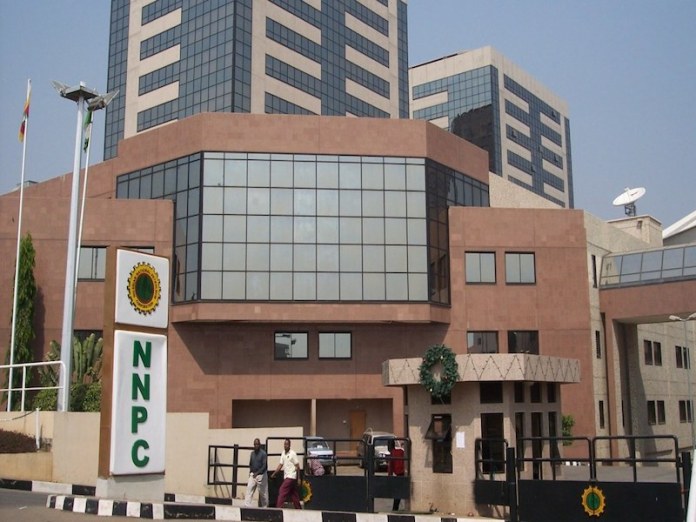- 98% of Documents in Crude Sale Transactions Fake — NNPC
The Nigerian National Petroleum Corporation on Sunday announced that about 98 per cent of all documents involved in the sale of crude oil were fake.
It cautioned unsuspecting would-be crude oil buyers to be mindful of the activities of local and international fraudsters in the oil and gas sector.
Proving insights into the modus operandi of the conmen, the NNPC’s Group General Manager, Crude Oil Marketing Division, Mr. Mele Kyari, said the corporation had no habit of selling crude oil from hotel rooms as done by the scammers.
He stated that the good thing in all the unwholesome development was the fact that the NNPC documents had not leaked and stressed that nearly 98 per cent of all the documents involved were produced by scammers.
Kyari, however, noted that in line with the Federal Government’s anti-corruption crusade and corporation’s commitment towards promoting transparency and accountability, the NNPC had been collaborating with relevant security agencies such as the Nigeria Police Force, the Department of State Services and the Economic and Financial Crimes Commission to check the fraudsters.
“Already, this massive collaboration with security agencies is paying off. Some arrests have been made while, on our part, we assist the security agencies by providing evidence in the course of their prosecution,” he was quoted in a statement issued by the spokesperson for the NNPC, Ndu Ughamadu.
Shedding more light on the scammers’ modus operandi, Kyari said they usually lured their unsuspecting victims with higher discount offers on cargoes, offers of non-OPEC crude specification, crude allocation, and presentation of crude oil sale letters as well as conducting business from hotels.
“The entire public should know that the NNPC doesn’t do business of crude oil marketing from hotel rooms,” he said.
He reiterated that there was only one way of buying crude oil from the NNPC, which was through advertisement for the selection of customers screened for compliance with the corporation’s expectations and standards.
Kyari said, “There are very high standards we have set and if you don’t meet them, you cannot be our customer. And once you become our customer, we sign a single annual contract with you.”
He observed that the crude contracts were typically 30,000 to 32,000 barrels per day, which accumulated into a standard cargo size of 950,000bpd monthly and not two to three million bpd contracts as peddled by the scammers.
Kyari said that for the crude oil sale processes to be completed, the customer had to show the capability to sell the cargo to the market and that the corporation could get its money back.
According to him, the entire process of crude oil marketing had become seamless and real-time with electronic platforms such as Platts and Argus acting as reporting agencies for global crude trading programmes.
He said, “The beauty of selling crude oil is that the moment we sell the crude oil cargo to you, the entire world knows that cargo X is with Mr. Y. So you see, you don’t have to scavenge for who buys your crude.”

 Billionaire Watch3 weeks ago
Billionaire Watch3 weeks ago
 Startups4 weeks ago
Startups4 weeks ago
 News4 weeks ago
News4 weeks ago
 News4 weeks ago
News4 weeks ago
 Bitcoin4 weeks ago
Bitcoin4 weeks ago
 Naira4 weeks ago
Naira4 weeks ago
 Forex3 weeks ago
Forex3 weeks ago
 Treasury Bills4 weeks ago
Treasury Bills4 weeks ago

























